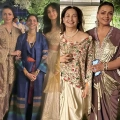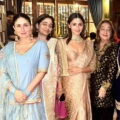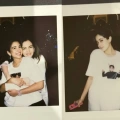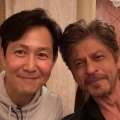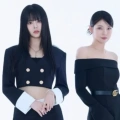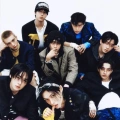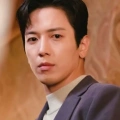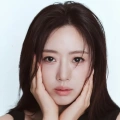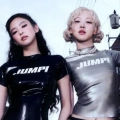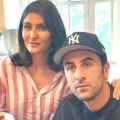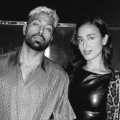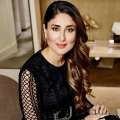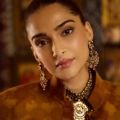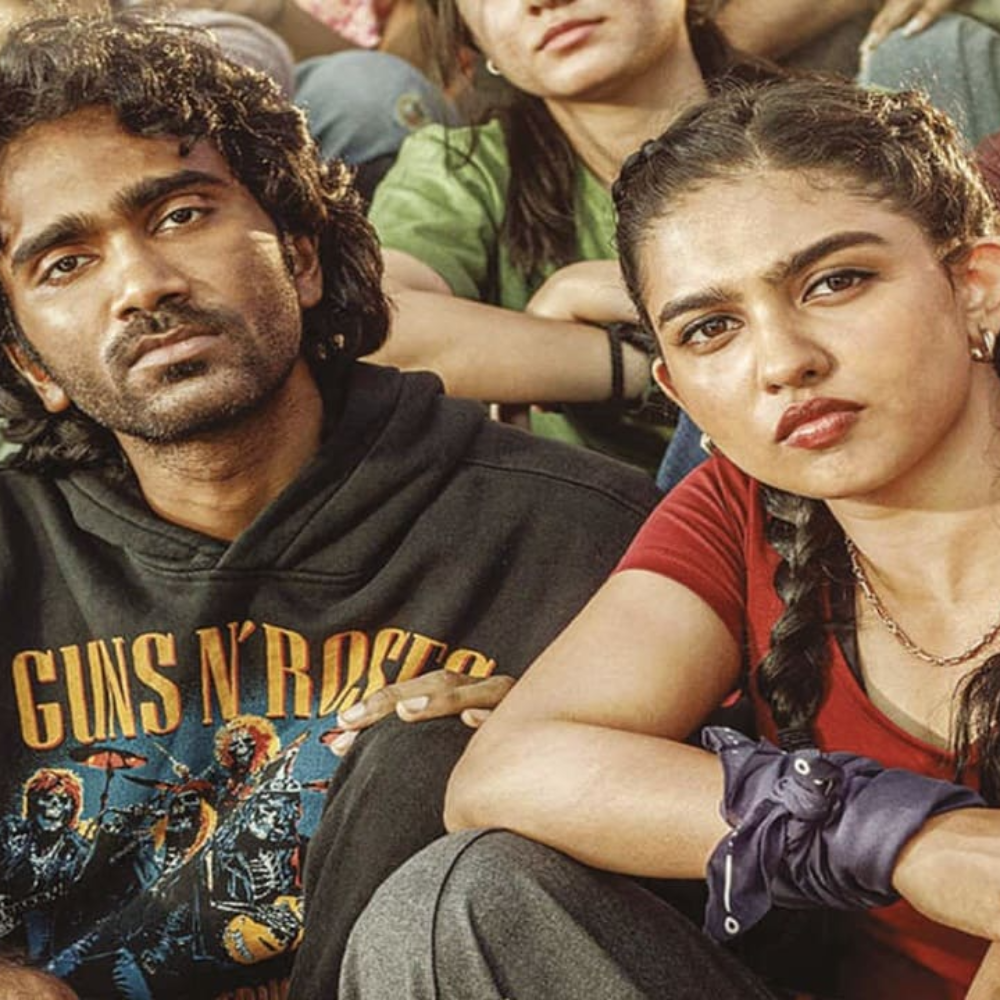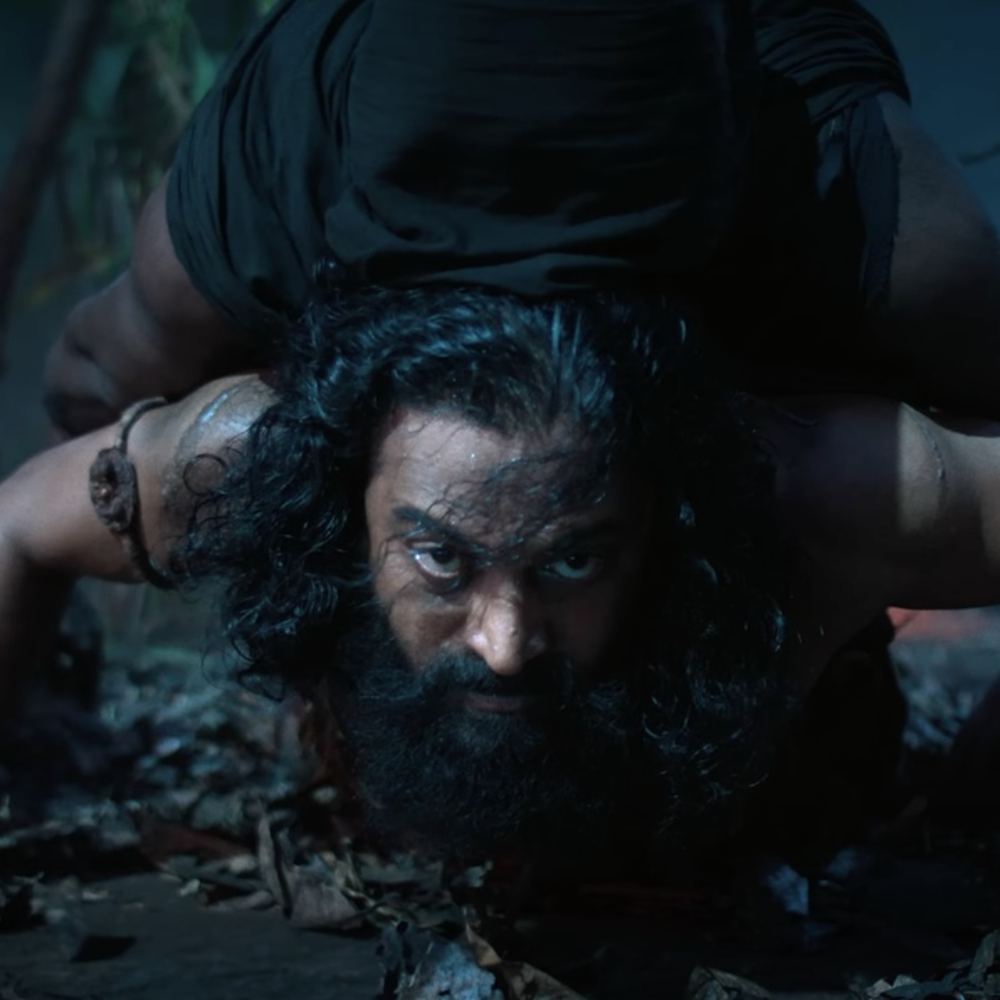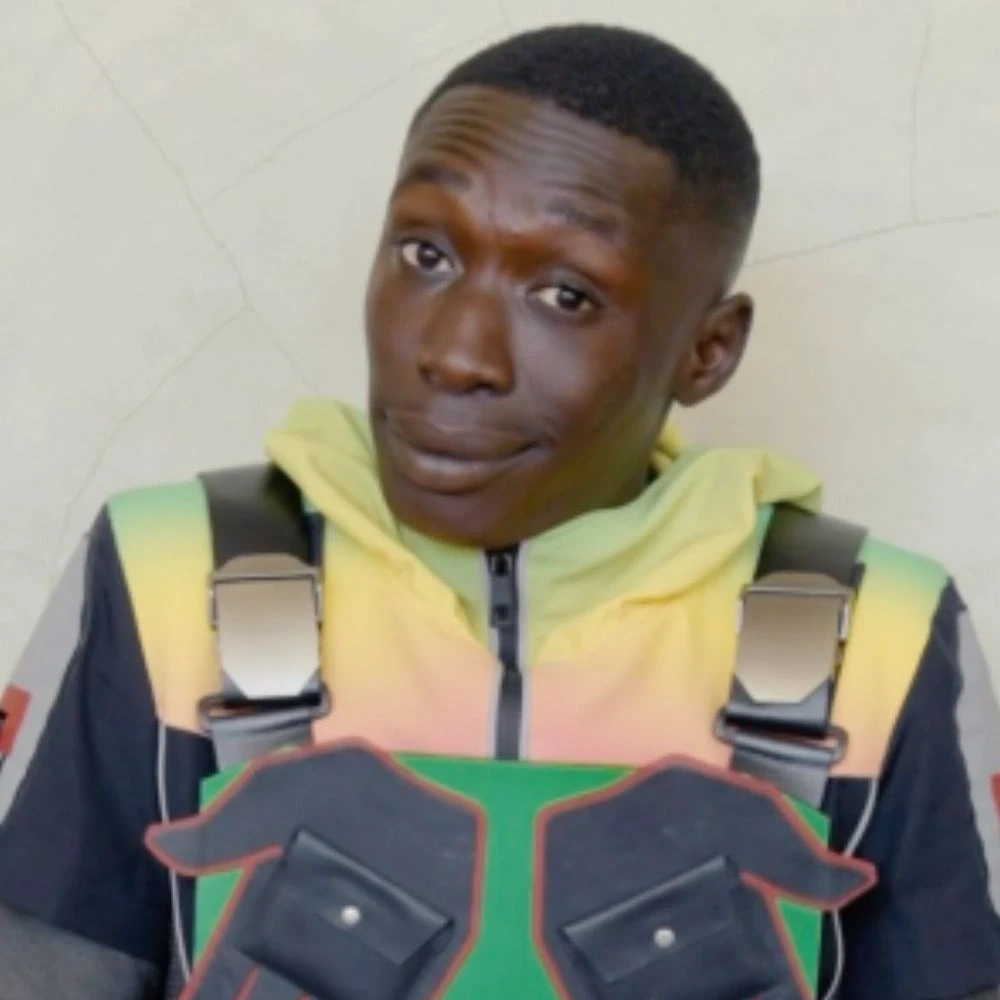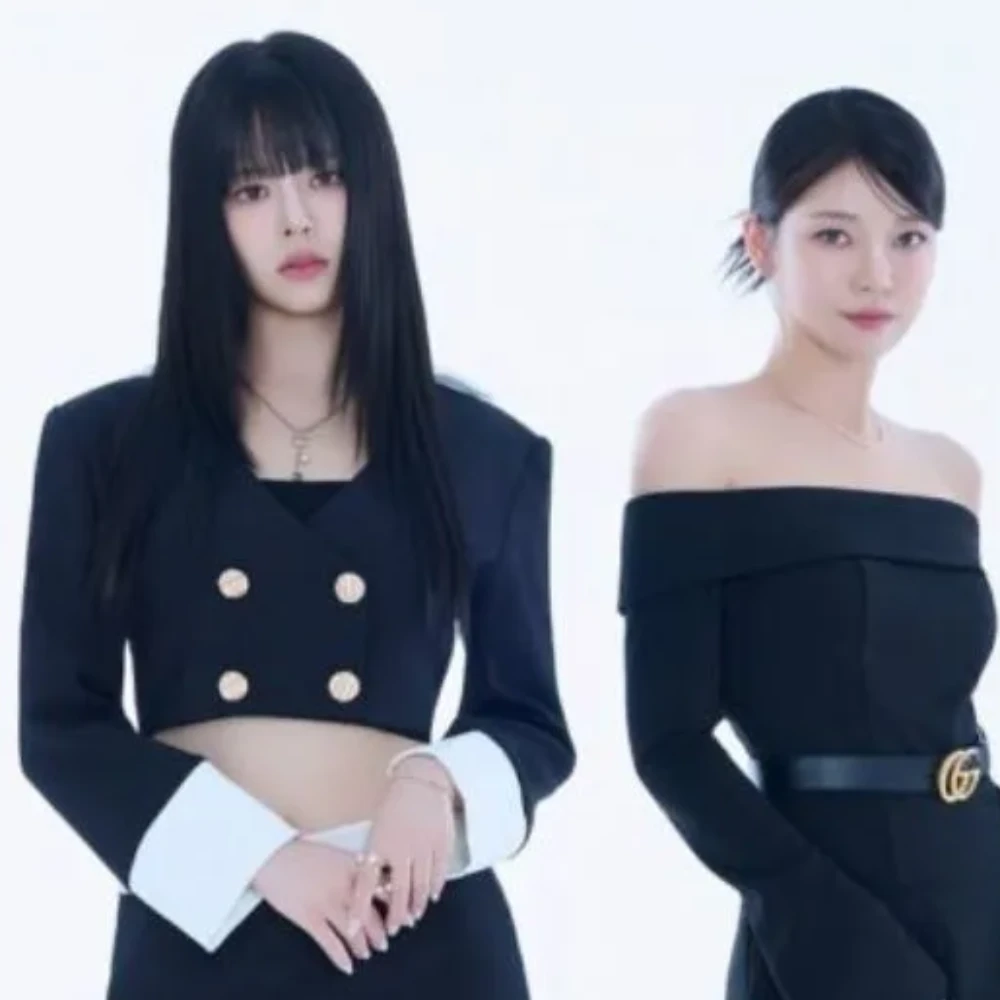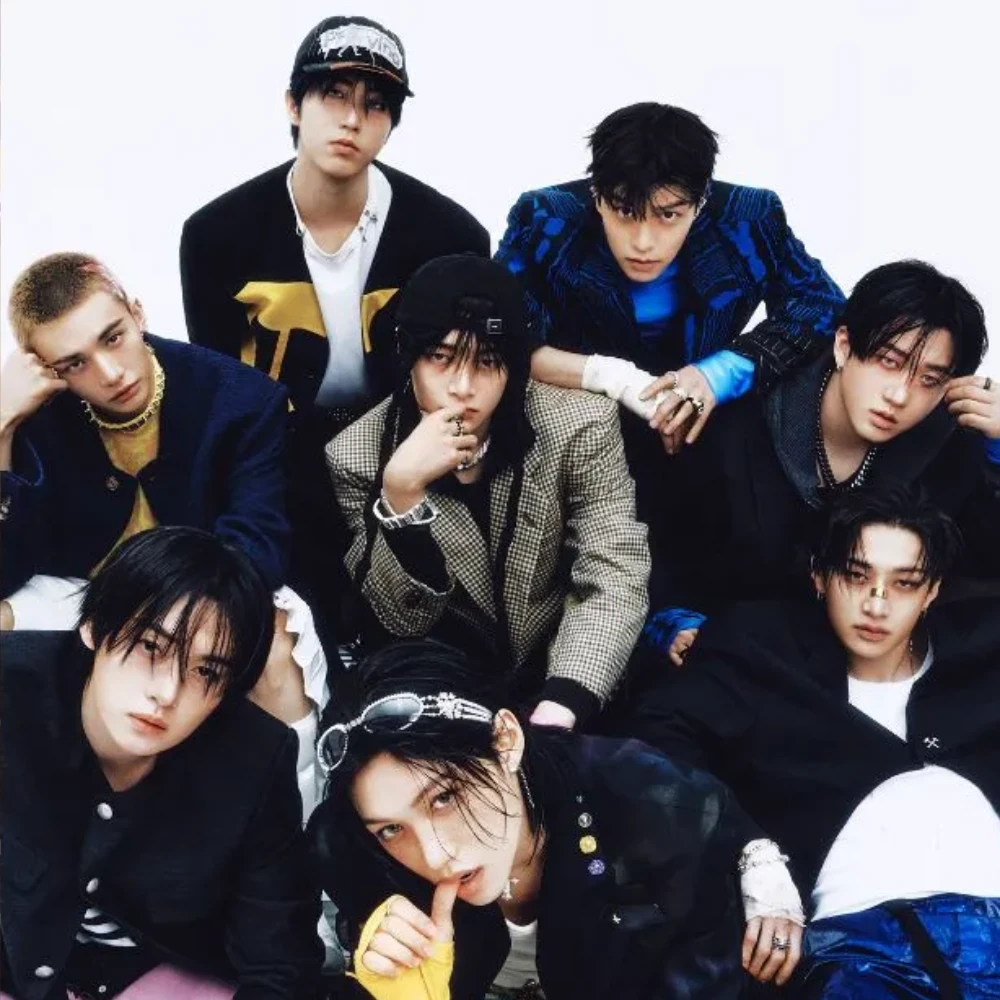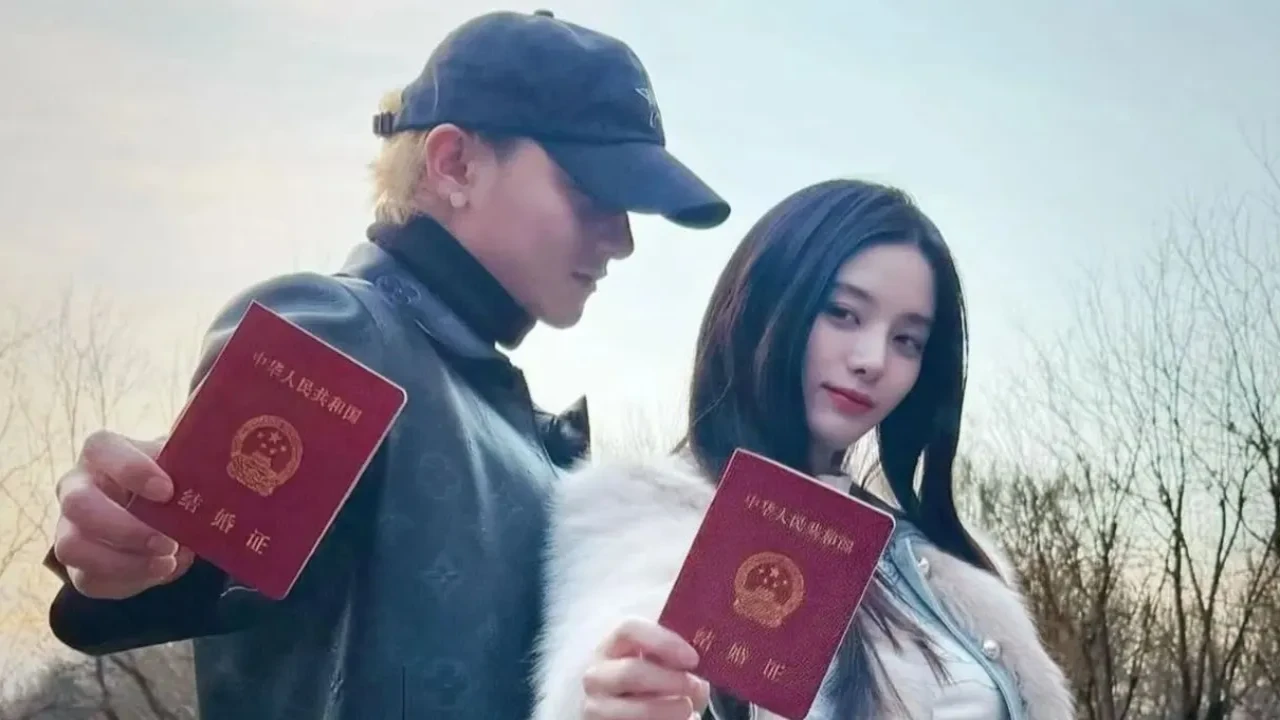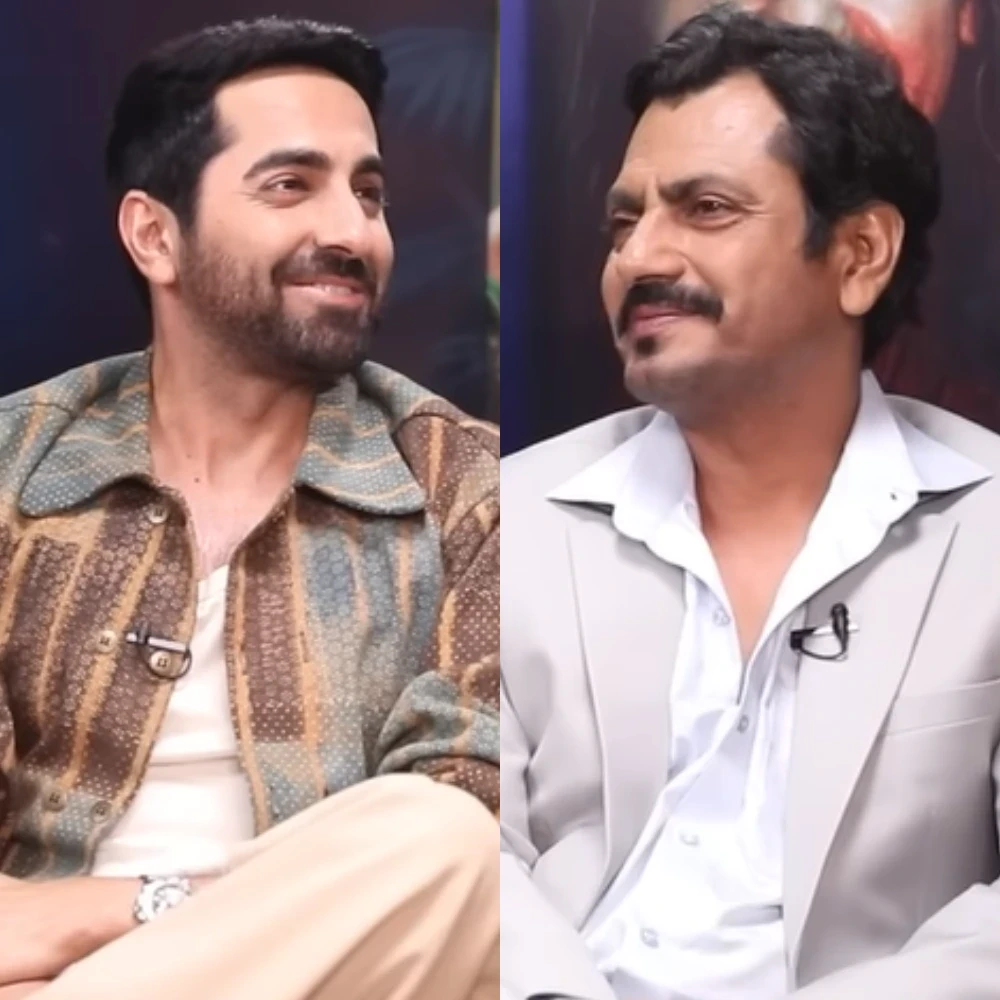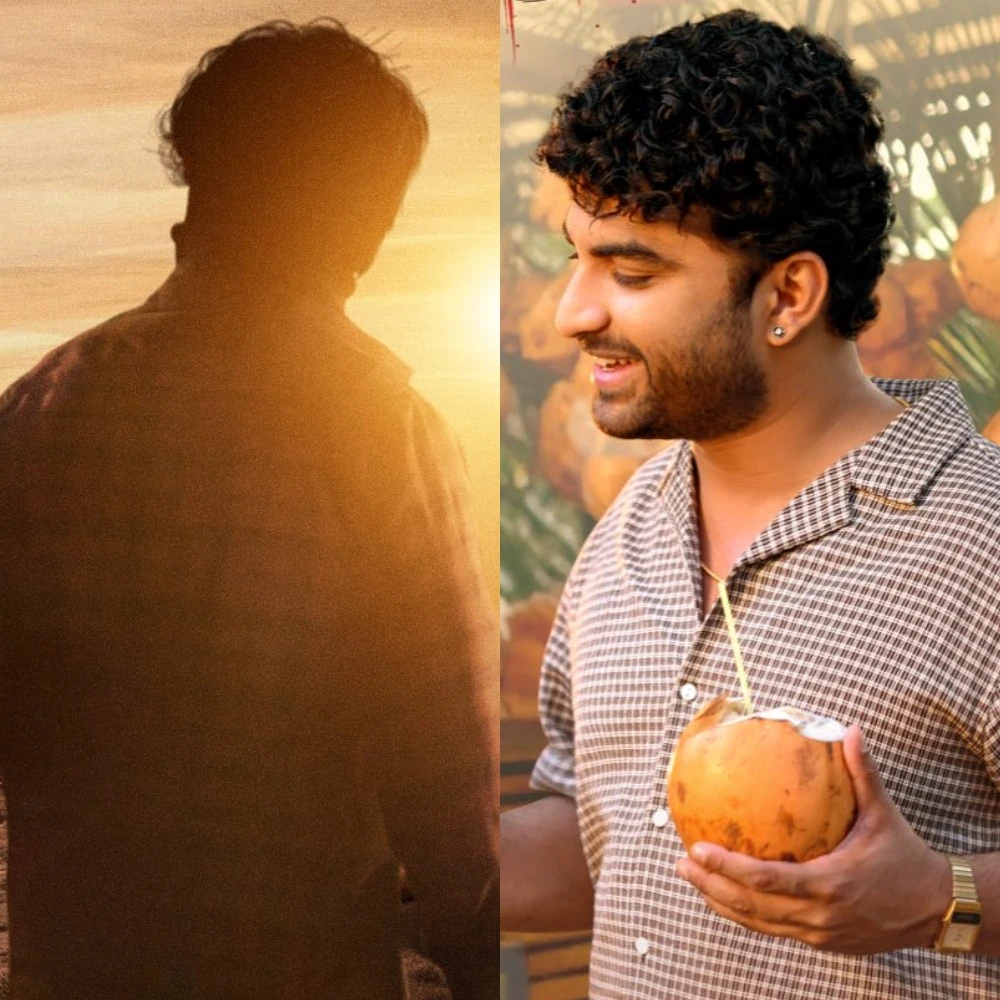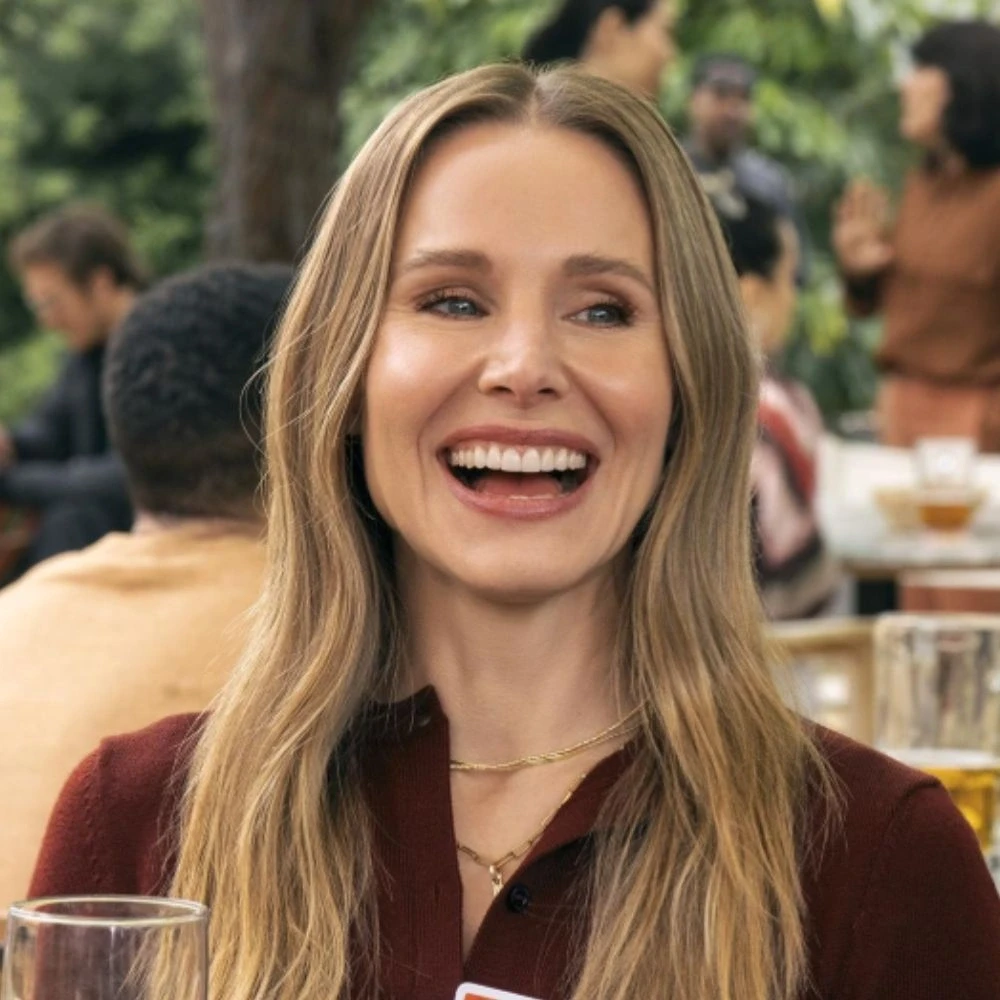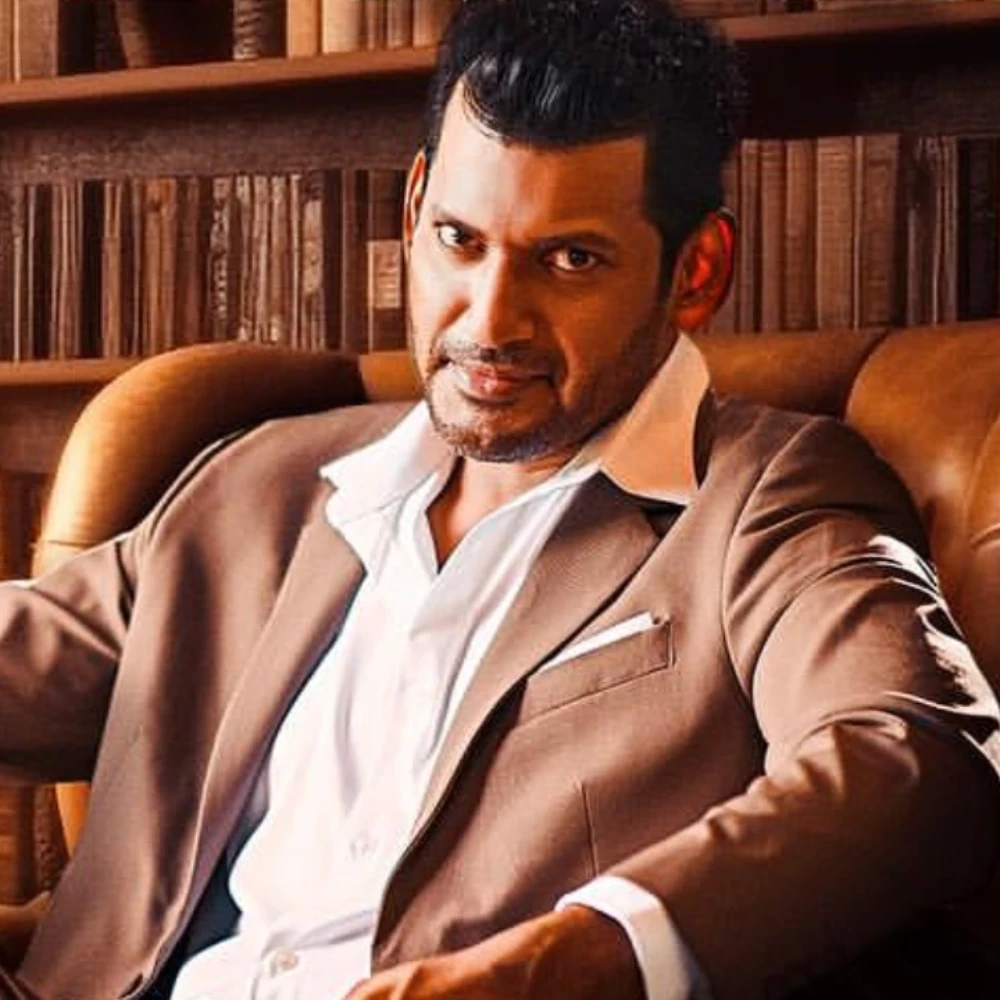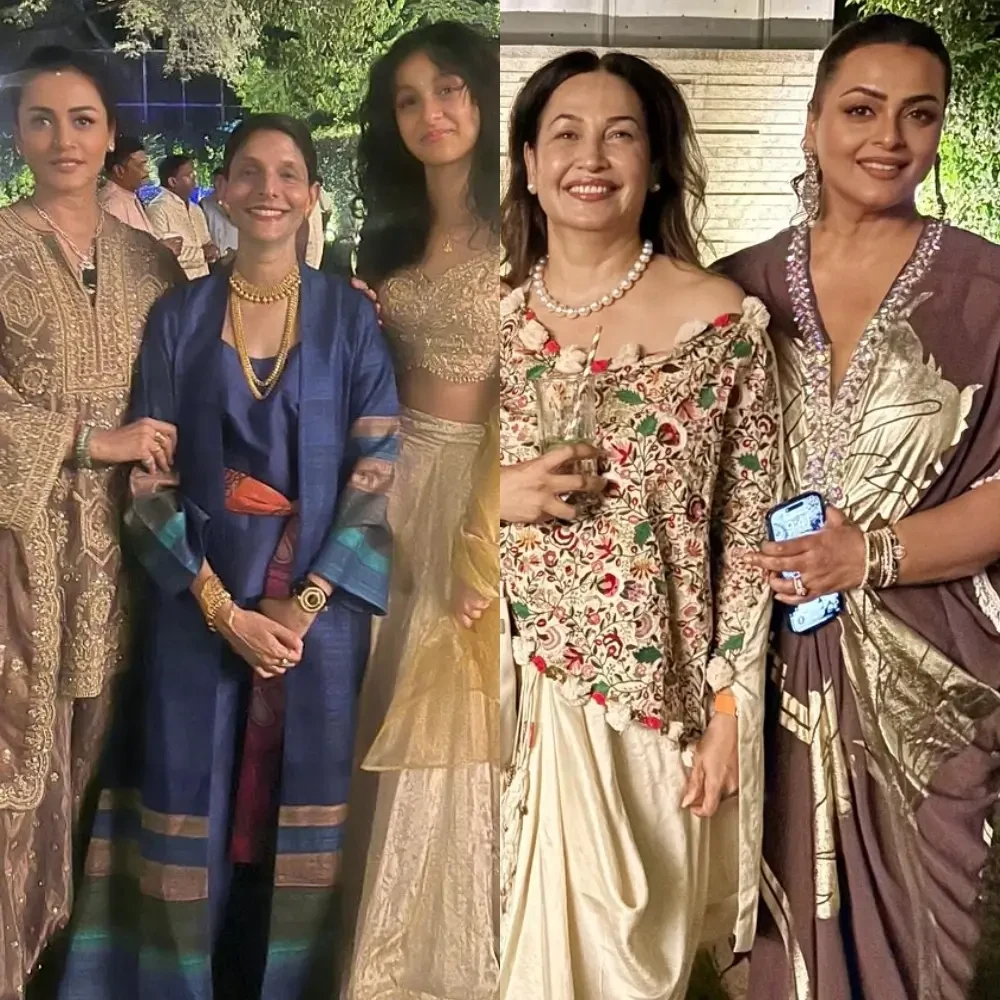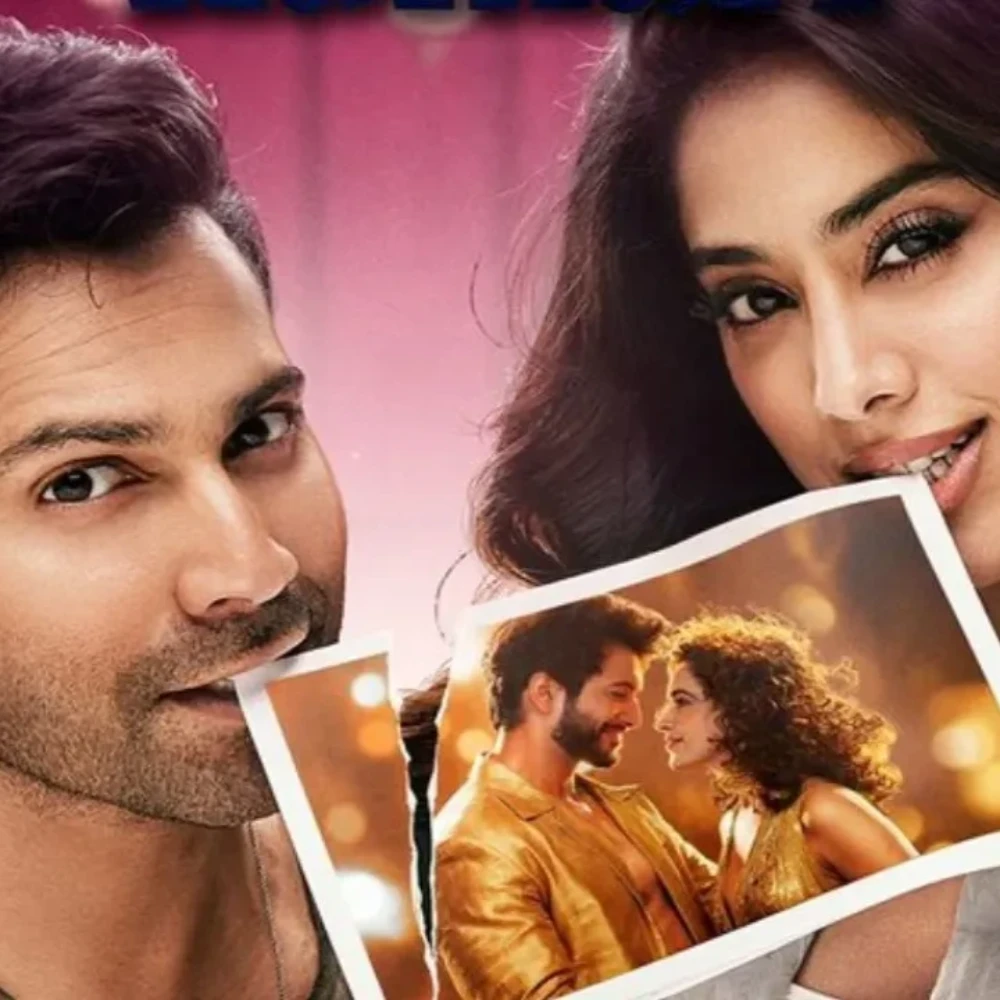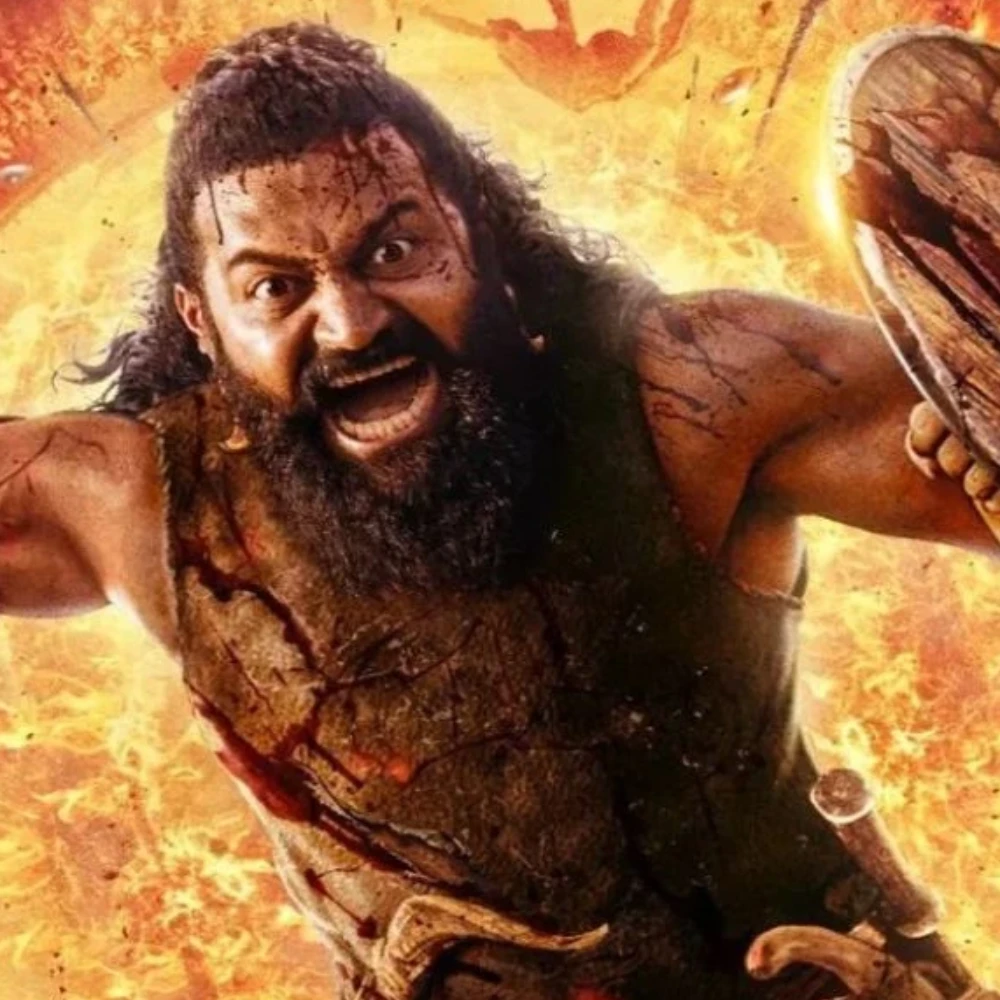My ID is Gangnam Beauty turns 6: Revisiting how Cha Eun Woo, Im Soo Hyang’s K-drama explored beauty standards and self-love
My ID is Gangam Beauty starring Cha Eun Woo, Im Soo Hyang, and more was released 6 years ago today. Let’s look at the themes of this K-drama surrounding self love, acceptance and beauty standards.
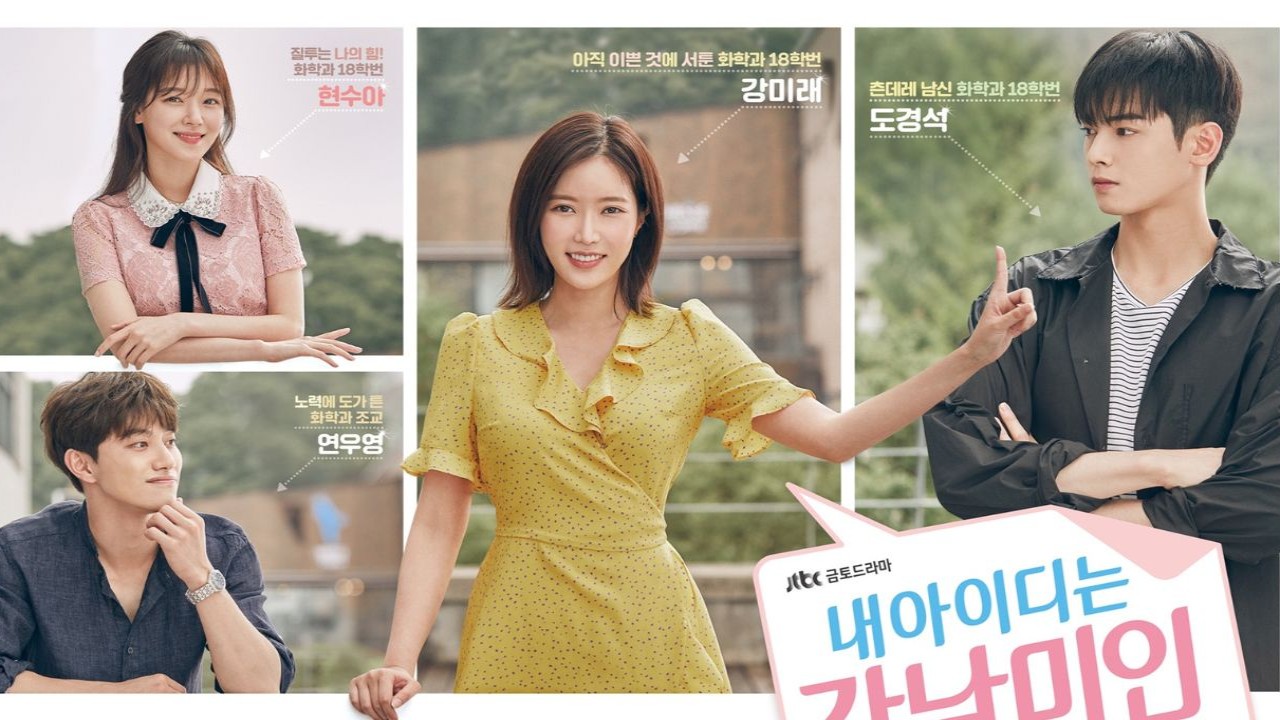
My ID is Gangnam Beauty was released on July 27, 2018, and is based on the webtoon of the same name published by Naver in 2016. The drama centers on the life of a college student who undergoes cosmetic surgery to escape bullying.
However, her decision backfires as her peers ridicule her artificial appearance. The series garnered praise for its portrayal of issues affecting South Korean society, particularly its commentary on superficial beauty standards and discrimination based on physical appearance. On the occasion of it turning 6 let’s explore these themes brought forward by My ID is Gangnam Beauty.
My ID is Gangnam Beauty plot
Kang Mi Rae (Im Soo Hyang) has always been self-conscious about her physical appearance, leading her to undergo plastic surgery. On her first day of college, Mi Rae encounters Do Kyung Seok (Cha Eun Woo), a handsome boy from her elementary school days. Kyung Seok quickly recognizes Mi Rae and begins to realize that his feelings for her go beyond superficial attraction.
My ID is Gangnam Beauty’s social themes: What is a Gangam beauty?
The title of both the webtoon and TV series alludes to the Korean term *gangnammiin* (Gangnam beauty), a derogatory term in South Korea used to describe individuals who are attractive but appear to have undergone numerous plastic surgeries to achieve their looks. The term often implies a superficial beauty that results from extensive cosmetic enhancements.
The story’s main theme surrounds our lead star Kang Mi Rae who decides to undergo plastic surgery after years of being bullied for her appearance. Her "rebirth" initially seems successful, but as her university life progresses, her plan begins to unravel.
The pressure of maintaining the image of a "pretty girl" starts to take its toll, and those who see through her surgery mock her, branding her as the "Gangnam plastic surgery monster." As Mi Rae struggles to regain her self-esteem, she reconnects with her former middle school classmate Do Kyung Seok.
What initially appears to be a simple coming-of-age story unfolds into a profound and well-crafted plot about the numerous challenges women face daily. The show explores issues such as body-shaming disguised as harmless jokes and degrading comments about physical appearance—problems often brushed aside despite their widespread occurrence.
It tackles these issues with nuance, avoiding a preachy or overdone tone. Throughout the series, Mi Rae, who faces constant scrutiny even from those closest to her, gradually learns to understand and stand up for herself.
A commentary on actual society through K-drama’s lens
As the female protagonist grapples with societal pressures to conform to certain beauty standards for happiness, Kang Mi Rae embodies these struggles deeply. Her experiences have led her to retreat into herself, avoiding social interactions and friendships to shield herself from further hurt.
Despite being a victim of bullying, Mi Rae is not entirely innocent when it comes to judging others based on their looks. While she may approach it with kindness, her instinct is to evaluate people’s appearances immediately, a tendency that has contributed to her own experiences of judgment over the years. The story's realistic portrayal of these issues, coupled with its authentic and flawed characters, creates a compelling narrative that draws viewers into their world.
In the drama, Kang Mi Rae encounters Hyun Soo Ah, the most popular girl in the chemistry department, renowned for her extraordinary natural beauty. The storyline highlights how Mi Rae’s colleagues quickly stereotype both her and Soo Ah based on their appearances. Mi Rae, being a "Gangnam beauty," faces assumptions that she is promiscuous and superficial, while Soo Ah, celebrated for her natural beauty, is presumed to be kind and destined to date a handsome or wealthy man.
These seemingly harmless stereotypes create an underlying rivalry between the two characters, revealing that the competition goes far beyond mere appearances and delves into deeper, more complex issues.
As the truth unfolds, it becomes apparent that Soo Ah, who appears perfect on the outside, struggles significantly on the inside. Without giving away too much, we learn that Soo Ah is envious of Mi Rae because Mi Rae’s beauty, achieved through surgery, is seen as “unfair” competition for natural beauties like Soo Ah.
Ironically, Mi Rae, despite undergoing significant external transformation, proves to be the kinder and more considerate person. Yet, her low self-confidence remains a major issue, highlighting that even with drastic, surgical changes, internal self-esteem issues can persist and require substantial healing.
Mirae breaking out of her shell and finding self and true love
By the end of the series, both women find their own paths to closure. The show underscores that prejudices are learned, not innate. Thankfully, Mi Rae’s two suitors—Do Kyung Seok and her chemistry teaching assistant Yeon Woo Young (Kwak Do Young)—help her gain perspective. They encourage her to move beyond her habit of ranking people’s appearances and to accept herself, even with her “plastic” look.
The series highlights how pervasive and intense prejudices based on looks can be, especially during childhood. Mi Rae’s experiences of being judged for her appearance led her to miss out on various childhood experiences, with lasting consequences. When she finally receives acceptance and kindness during her freshman orientation, she is overwhelmed with happiness, as it marks a novel and meaningful experience for her.
And as for Soo Ah, she has lived her whole life being praised for how naturally beautiful she was, making that her only strength and reason to be loved, it’s easy to see why she viewed Mi Rae through a different lens.
By the end of the drama, it becomes clear that neither Mi Rae's nor Soo Ah's beauty—whether real or artificial—solved their problems or led to true happiness. Both women pursued and achieved beauty, but it was their inner selves that ultimately took center stage, with their external appearances receding into the background.
A key highlight is Mi Rae's development of a healthy relationship with Kyung Seok. The drama emphasizes that mental health and nurturing one’s self-esteem are crucial aspects to consider before making life-changing decisions. Ultimately, Mi Rae comes to understand that she needed to work on her inner self to become a complete person, learning to love herself fully before she could truly love another.
Seeing Do Kyung Seok and Kang Mi Rae fall in love based on their true selves is deeply admirable. Mi Rae's journey to gaining confidence and discovering happiness through self-acceptance brought a sense of healing to viewers.
She finds genuine love in Kyung Seok, who, despite his own physical beauty, values Mi Rae's inner character and charm. Their relationship highlights that true connection and affection stem from understanding and appreciating each other’s inner qualities, ending in a heartwarming and satisfying conclusion.
ALSO READ: ASTRO’s Cha Eun Woo joins Park Eun Bin in talks to be part of new superhero K-drama The Wonder Fools





 JOIN OUR WHATSAPP CHANNEL
JOIN OUR WHATSAPP CHANNEL







